Wang Zhongjiang: Zhuzi Baijia affirmed the rational choice of people, and acknowledged its limited nature
Author:Report Time:2022.06.26
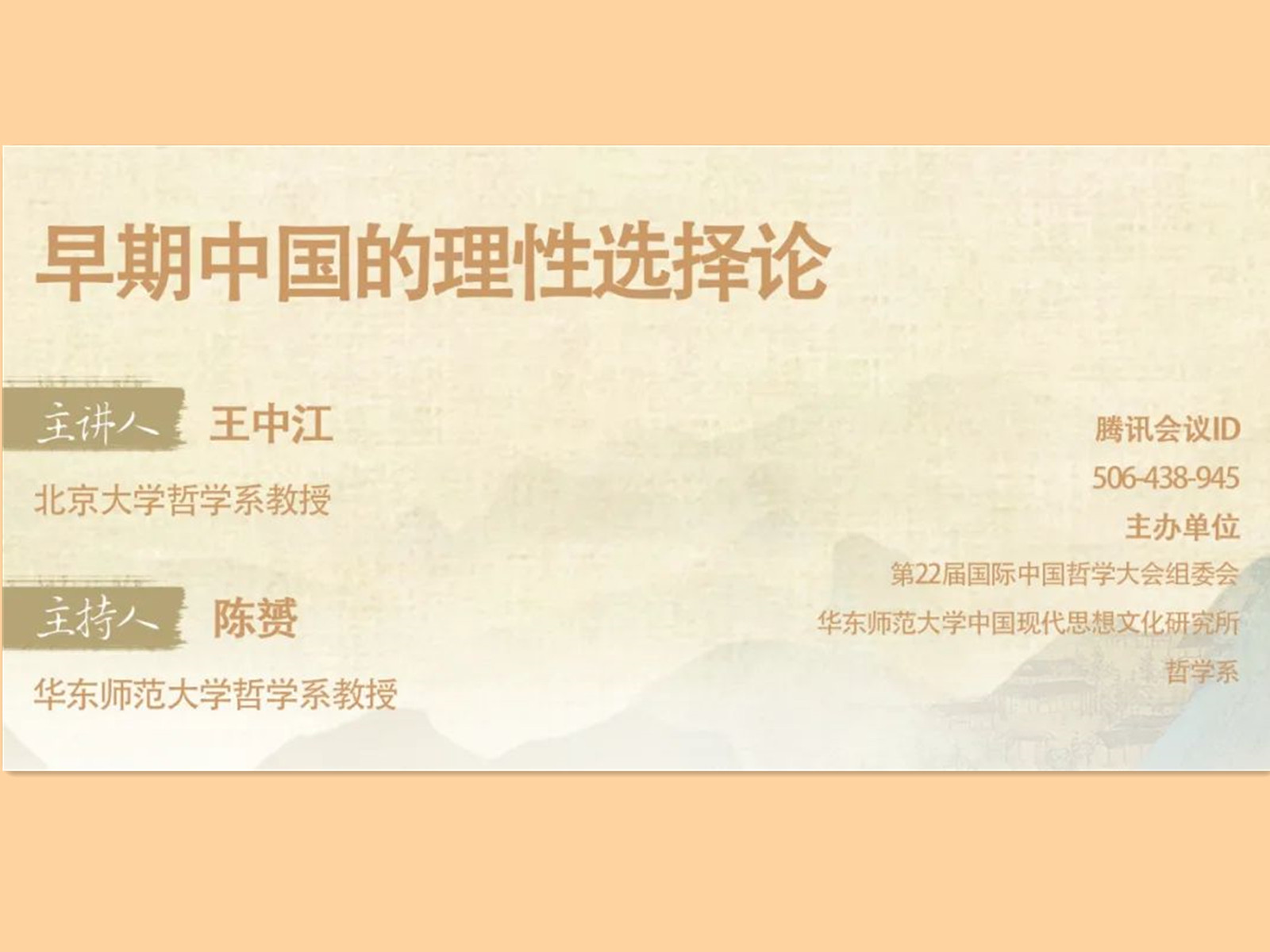
Ten years ago, a "On China" of the former US Secretary of State Kissinger explained that in the world pattern, it is necessary to understand the Chinese strategy. In the process of Chinese and Western civilization exchanges and cultural exchanges, if it is simply inferred from Westerners' inherent and traditional thinking models, it may be difficult to understand China. This is exactly the practical significance of the 22nd International Chinese Philosophy Conference. Showing the unique significance of Chinese philosophy in today's world is the prerequisite to show China, understand China, and understand China.
The University of Philosophy was officially held tomorrow (27th). The predecessor launched a series of famous lectures on June 21 invited Wang Zhongjiang, a professor at the Department of Philosophy of Peking University, and summarized the consciousness and speaking of sub -scholars in the Eastern Zhou Dynasty of China. It has made large -scale comparison with the theory of Western modern rational choice. The contemporary people who were baptized by modern Western rational people turned around, and the discussion of the pre -Qin sons was very sufficient, but it was more prominent in the collaboration between personal preferences and community preferences.
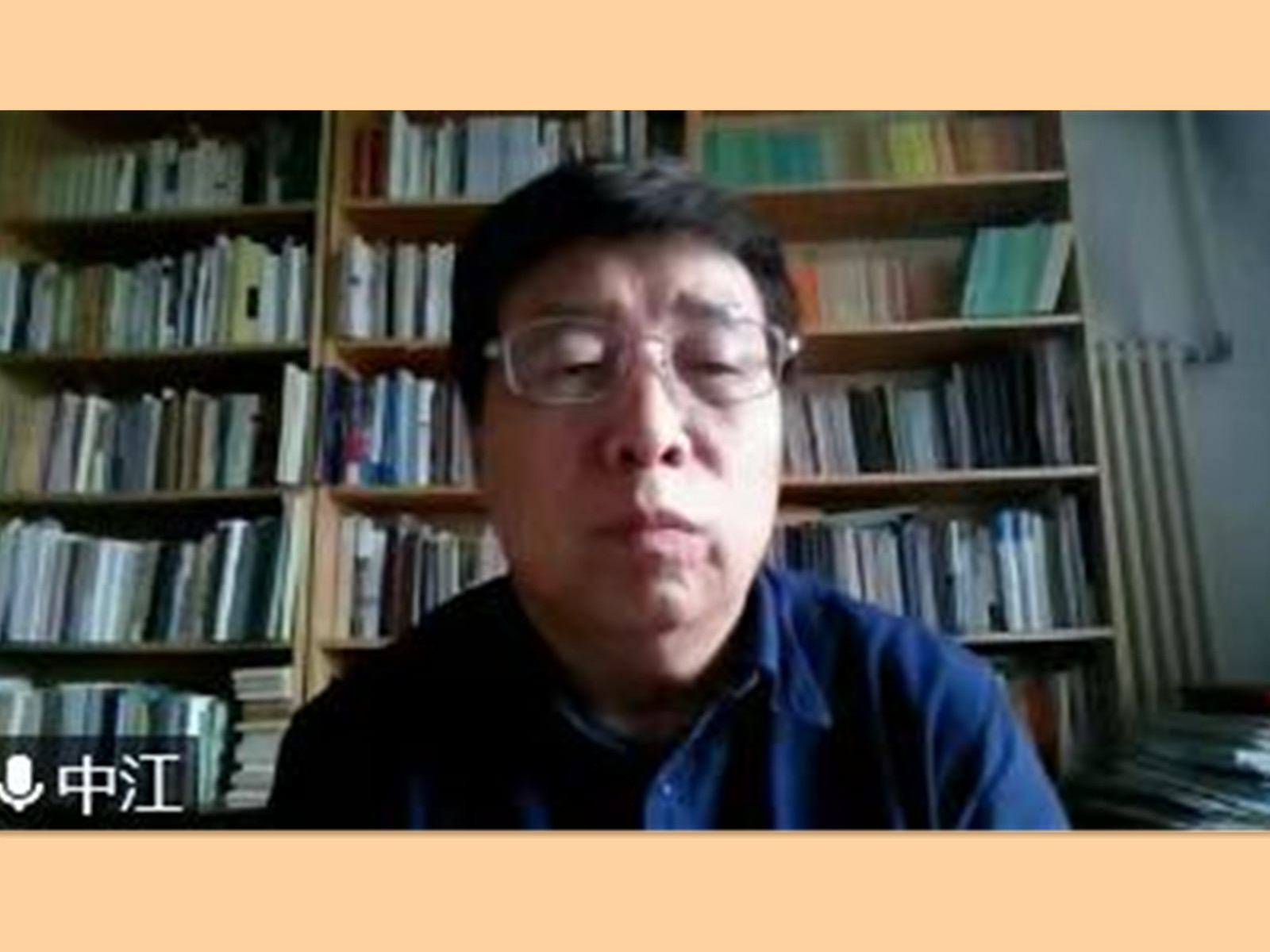
In the lecture on the 21st, the guest, Professor Wang Zhongjiang, summarized the consciousness and statement of the subsidiaries of the Chinese Eastern Zhou Dynasty on the rational choice, and compared the large -scale comparison with the theory of Western modern rational selection theory.
A summary: Chinese people will coordinate individual preferences and community preferences
At the end of the lecture, Wang Zhongjiang summarized the differences between the early China ’s rational choices and the West. It is these differences that laid the source of the Chinese people's rational thinking and behavioral motivation. We may wish to listen to Wang Zhongjiang's lectures from this summary, and then subdivide them one by one.
From a summary, Wang Zhongjiang believes that there are differences in rational selection theory between Chinese and Western aspects at least five aspects.
First, the early Chinese rational choices did not have the determination of economic and self -interesting people with strong human nature in today's rational choice. About only the legalists and Huang Laoxue once told that they were "self -do". The hypothetical assumption of humanity is diverse and complex.
Secondly, early China generally coordinated the satisfaction of individual preferences with the satisfaction of community preferences. Self -disciplinary assertions form a social order.
Third, the sorting of people's preferences and public body preferences in the early days, using Weber's classification is mainly value rationality, emotional rationality, and traditional conventional rationality, rather than instrumental rationality.
Fourth, China has a strong tendency to elite and vanityism. On the whole, it relies on human virtues and personality to establish good order, while modern West mainly relies on rules and systems to establish good order.
The last point is that the modern rational choice theory recognizes accidents, and is explained from the incompleteness of ignorance and information. Generally, it is explained without irrational destiny and luck. In the early days, China's rational choice theory introduced the concepts of fate, time of luck.
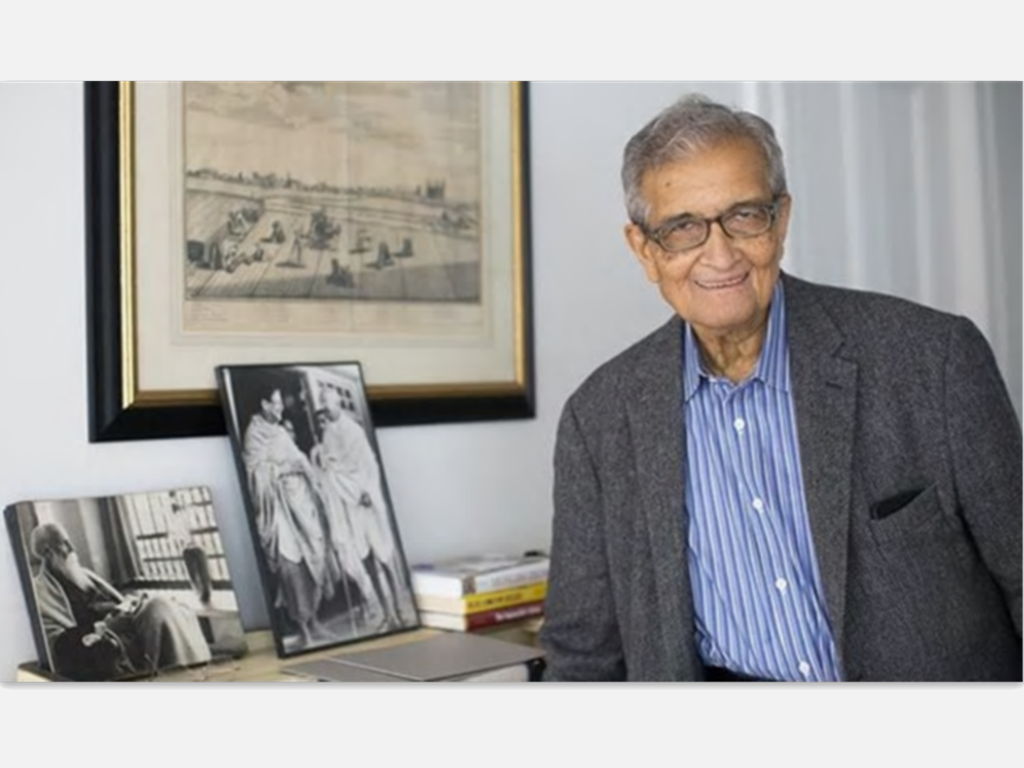
Amitia Sen, the winner of the Nobel Prize in Economics, believes that people’s choices are based on rationality
Zhuzi chooses multiple theories: rich internal driving force is not just self -interest
Wang Zhongjiang explained the rational choice theory of Western modernity, and quoted the 1998 Nobel Economics Award winner Amartia Sen's words, "Use rationality to identify and promote better and more acceptable society. To this day, people have been inspired by people. Aristotle has agreed to Agathon that God cannot change the past and further believe that in the future, we can build our choices on the basis of rationality. . "The rational choice has always been accompanied by the process of building a good life. He said that the source of Western rational selection theory can be traveled to Aristotle.
But if the vision is transferred to the early China, the Eastern Zhou Dynasty, the rational choice theory is also part of the early Chinese rationalism and rationality. The rational choice theory established by Confucianism, Tao, Fa, and Mo is complicated and diverse. Wang Zhongjiang believes that the rational choice theory of early China was based on the understanding of the nature and temperament of "desire, demand". Just as the "All things are born" recorded by Guo Dongzhu, the "Wang" Wang Zhongjiang here understands a broad sense of demand, which is an ontology commitment. In this regard, Western scholars also have the same explanation. Wang Zhongjiang was at the lecture site with Schopenhauer's example. The theory of Schopen Huawei's will is based on the will and desires as the core, and believes that the world is full of will and desires.
So how did China understand "desire" and "hopes" in the early days? Also quoted the original text of Guo store Chu Jian, "Desire to be born, worry about being born." Wang Zhongjiang explained that desire comes from temperament. In this way, Wang Zhongjiang summarized the three types of early China about desire and temperament:
The first considers people to have an ethical endowment and potential. This is the basis of human beings. Mencius and Zhuangzi are their representatives. The second is that people have a physiological nature, which drives people to pursue the satisfaction of desire. Reasonable activities such as standardized and educational can restrain people's behavior. Such as the son and Xunzi. The last one believes that people are born with the nature of profits and avoidance, such as Huang Laoxue and legalist.
It can be seen that early China's understanding of human temperament was diverse. In contrast, contemporary popular Western rational choices theory mainly uses people as "economic people", and believes that human activities and behaviors come from "self -interest". In the early days, China believed that self -interest was not the only one, but it was part of the good nature of human nature, and people were altruistic.
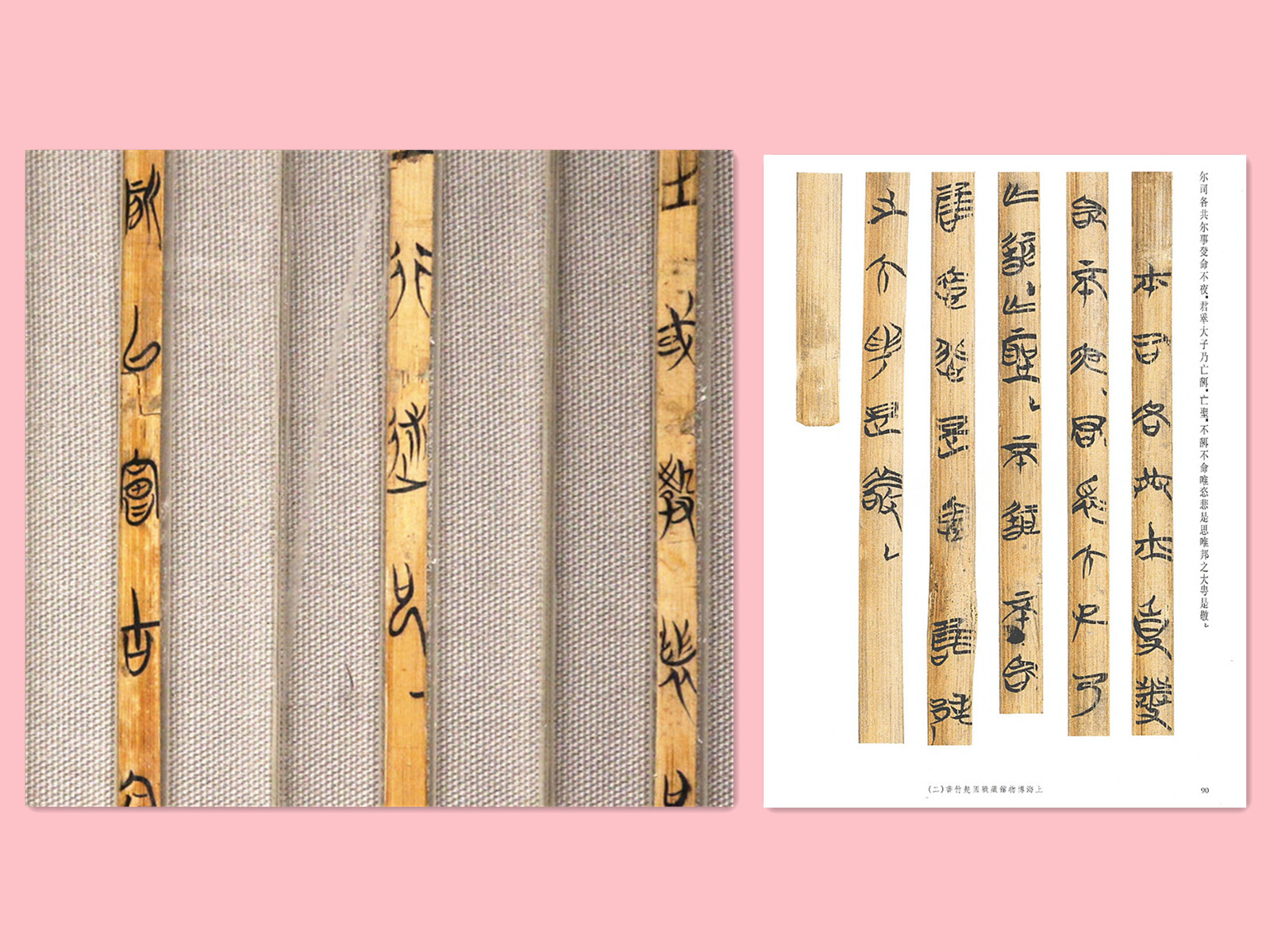
Guojian No. 1 Chu Tomb M1 discovered bamboo slips, which recorded the prerequisite for the selection of Mozi in Mozi in the record, and Xunzi focused on the condition of choice.
During the Eastern Zhou Dynasty, Chinese thinkers provided different endorsements for human nature and desires through observation of society and people. They were colorful and spectacular. In the lecture, Wang Zhongjiang analyzed Lao Tzu, Mozi, Xunzi, and Mencius, which demonstrated the diversity and richness of early China's understanding of desire in the early days.
For example, Lao Tzu's understanding of desire is derogatory, but there are also on the level of righteousness. In Chapter 64 of the Tao Te Ching, Lao Tzu proposed, "The saint wants to do not want, it is not expensive and rare; if you do n’t learn, you can do it." "Unwilling", and so on.
It is precisely because people's desires are diverse, so the early Chinese philosopher's understanding of good, evil, interests, and benefits was also diverse. Taking the Mo Jing as an example, Wang Zhongjiang pointed out that the "Mo Jing" discussed the premise of weighing the interests, that is, the rationality of human good and evil. Everyone has good and evil, but there is a difference between justice and reasonable or not. In the ink classics, only good and evil can judge and measure the size of the interests, thereby criticizing the views of "good and evil is harmful" and "good evil is beneficial", and simplify the premise of good and evil into the issue of "righteousness" and "injustice". It thinks that righteousness is benefits, and injustice is harm.
From the perspective of the sage with a mission, the Mo family also pointed out that the saints' good and evil are not only related to themselves, but also related to the interests of others. It is proposed that "the saint's evil disease, not evil and crisis", "the benefits of human beings, and the harm of non -evil people." It has a very high -profile value of altruism and forms a unity of good and evil.
Regarding the relationship between Yili, Wang Zhongjiang also pointed out that Confucianism and Mo Jia's argument about Yili are the same. Xunzi believes that "the people in the world are only deliberate, but they are also given together." That is to say, people in the world have different preferences and preferences, but everyone has consensus and recognition of common value. Wang Zhongjiang believes that the meaning of this is that everyone's preferences are endless. Morally, endless preferences can promote unlimited upward development. But on the other hand, from a natural perspective, it means that people need to control, and they can only consider and choose what they really want.
As an expert in studying Mr. Jin Yuelin, Wang Zhongjiang quoted Jin Yuelin's words, "Roughness is just doing what he wants to do, and giving up other things." Facing the infinite world and possibility, we can always choose and do limited. This requires us to use rationality to the process of our choice. It is impossible for people to be satisfied with people's wishes. Learn to give up, give up which one is the focus of our thinking, and clarify this point.
Wang Zhongjiang has published many principal Yue Lin's works, and has a lot of research on Jin Yuelin's thinking
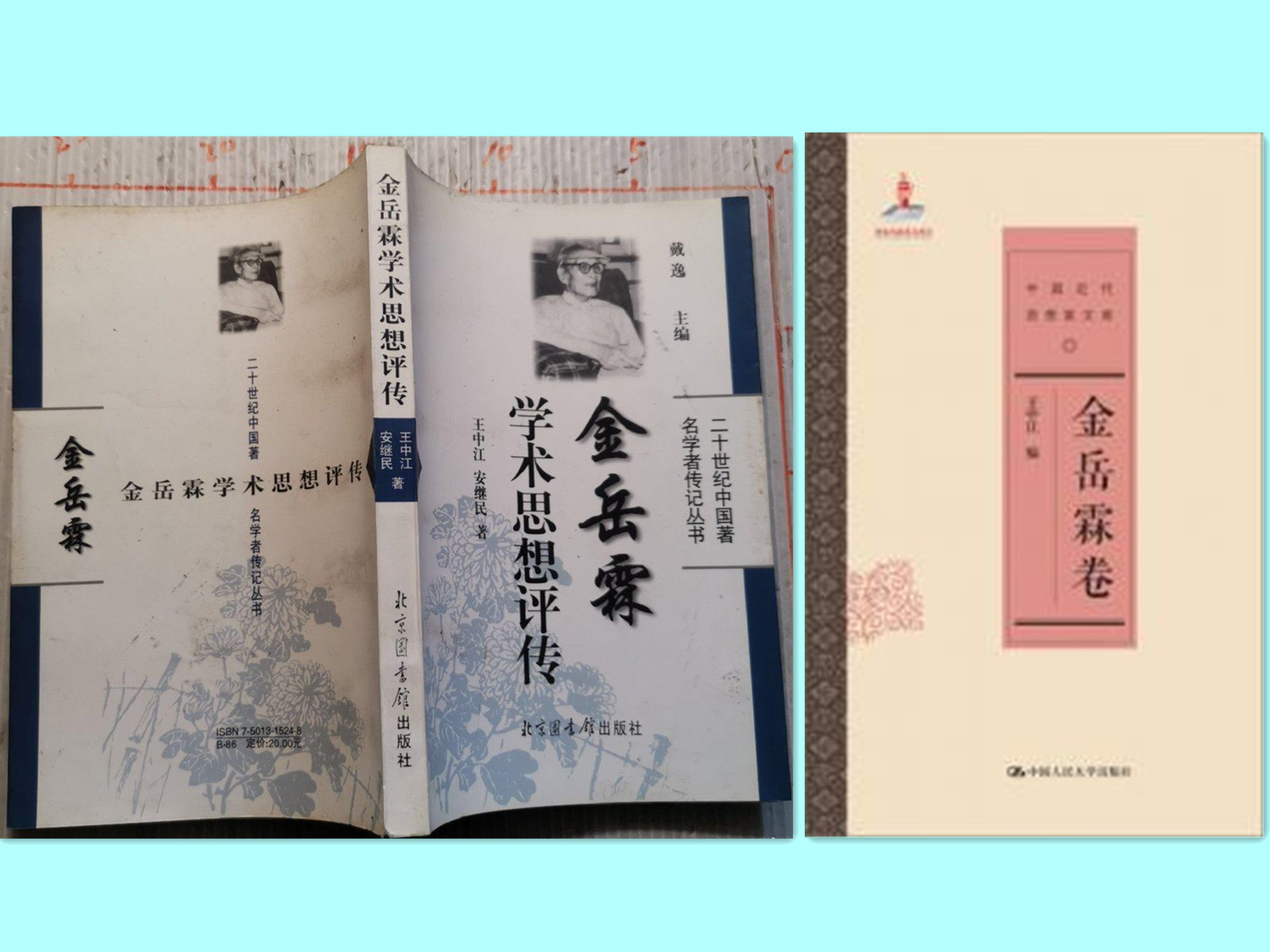
Intangible level: morality has become the final measure of optimization selection
Determining what is worth doing and being able to make rational choices, and maximizing the use of utility and maximization also requires rational choices. After the rational selection, the utility after the discussion is logically deserved. Wang Zhongjiang first stated that in a diverse society, the evaluation of its utility must be diverse. It is impossible to be limited to the level of economy, interests and material. At the stage of maximizing utility and effect, early Chinese philosophy also provided a lot of discussions and discussions.
The first type, the concept of "goodness" used by Lao Tzu has the use of optimization choices. Wang Zhongjiang takes the case of Lao Tzu's choice as an example. Chapter 8 of the Tao Te Ching "Live in the Earth, Good Hearts, Goodness and Ren, Word of Goodness, Righteousness, goodness, and good at good." Lao Tzu believes that such optimization choices will also be the best. There are various dangers in life, there are people who come to the natural environment, and some people do it. It is best to avoid danger, followed by danger (such as the death of the dead). The best "health" for Lao Tzu is to stay away from danger, which is the best way to protect yourself.
On the other hand, Mozi Xue and Xunzi proposed the principle of how to optimize the effect and maximize the results in the general sense. Mozi's two "Big take" and "Small" believe that it is the explanation of the preferred significance. Division of fundamental selection and support of attributes. Different preferences are sorted and answered questions that choose to choose priority and urgency. The Mo Jia believes that the choice of impulse occurs between benefits and harm, and the choice of interest is relatively simple. It is more about how to maximize the benefits in the conditions of the benefits, and how to minimize the losses in the conditions of all harm. Compared with broken wrists and fingers with the body, the broken finger is obviously the smallest. To enlarge between individuals and the country, sacrificing self and preserving the country is an optimization choice. "Great" is called "rights" to measure the size and session of the individual in reality.
Xunzi also used the concept of "power", thinking that people must use the correct standards and standards to measure their actions. Xunzi was exchanged from the market as a case in the market, and proposed that "there are more people from the plan, the conspirators can from the perspective", from the perspective of the big account of life, proposed the truth, morality and general value of the world. The whole life optimization maximizes the meaning and value of life, so that you can live a fulfilling, real, and most complete life. It is believed that life and action can make people have a double gain like transactions. Otherwise, it is a major damage.
Planning and God's will: Personnel is surprised, rationality is limited
In the end, Wang Zhongjiang discussed the problems of unpredictable fate and luck that caused unpredictable fate and luck. On the one hand, Wang Zhongjiang emphasized that the mainstream of Chinese philosophy is rationalism, rationalism, irrationalism and mysteriousism, and even the mainstream, and even such as Mojia do not recognize supernatural forces and destiny. As a result, the reason must be that the degree of rationality of people is not enough.
On the other hand, early Chinese philosophers also discussed the issue of destiny. For example, Confucius and other philosophers have left room for rationality. I believe that there are some kinds of fate, luck, uncertainty, accidental, and random things in the world. Outside. The famous ones such as Yan Hui died early, Confucius's Chen Caizhi and so on. Confucius is a great saint, why do he encounter problems such as Chen Caizhi. Confucius replied that some power could not be controlled. Regarding Chen Cai's question, Confucius asked, "Does the wise man know everything? Why is it to be cut to death? Will the monarchs listen to the words of the enlistable? Why did Wu Zizhen die? Will people be reused? Why is Boyi and Uncle Qi died of life Yangshan? It is difficult to answer what is the more natural and the more natural destiny. At least things that we cannot explain rationally may be able to return to this.
Confucius was trapped between Chen Cai and put this encounter attributed to the accidental factors, leaving room for rational limited.
The three fables and stories of "Zhuangzi" also revealed to us the limitedness of rationality and its accidents. The first is the accidental result of a loved horse and the "death and love". The second is the story of Lu Guojun's love for birds. The third example is the unexpected story of several friends who "love chaos and cause their death". These three stories can be understood from different aspects. They have one thing in common, that is, when people use his value rationality to treat things that he cares about and cares, but the result is not unfortunate. One of the principles that Zhuangzi prompts is "the intention is to be loved and loves to die", which is applicable to these three stories. "Italian" is goodwill and beautiful, but the result not only makes what they love get love, but lose their lives. This value rationality is to judge other things based on its own good and evil, which is a manifestation of human rationality and limitation. Afterwards, people can find out the reason for these unfortunate accidents. People cannot only have good wishes and motivations. He should face different things according to the characteristics of things itself.
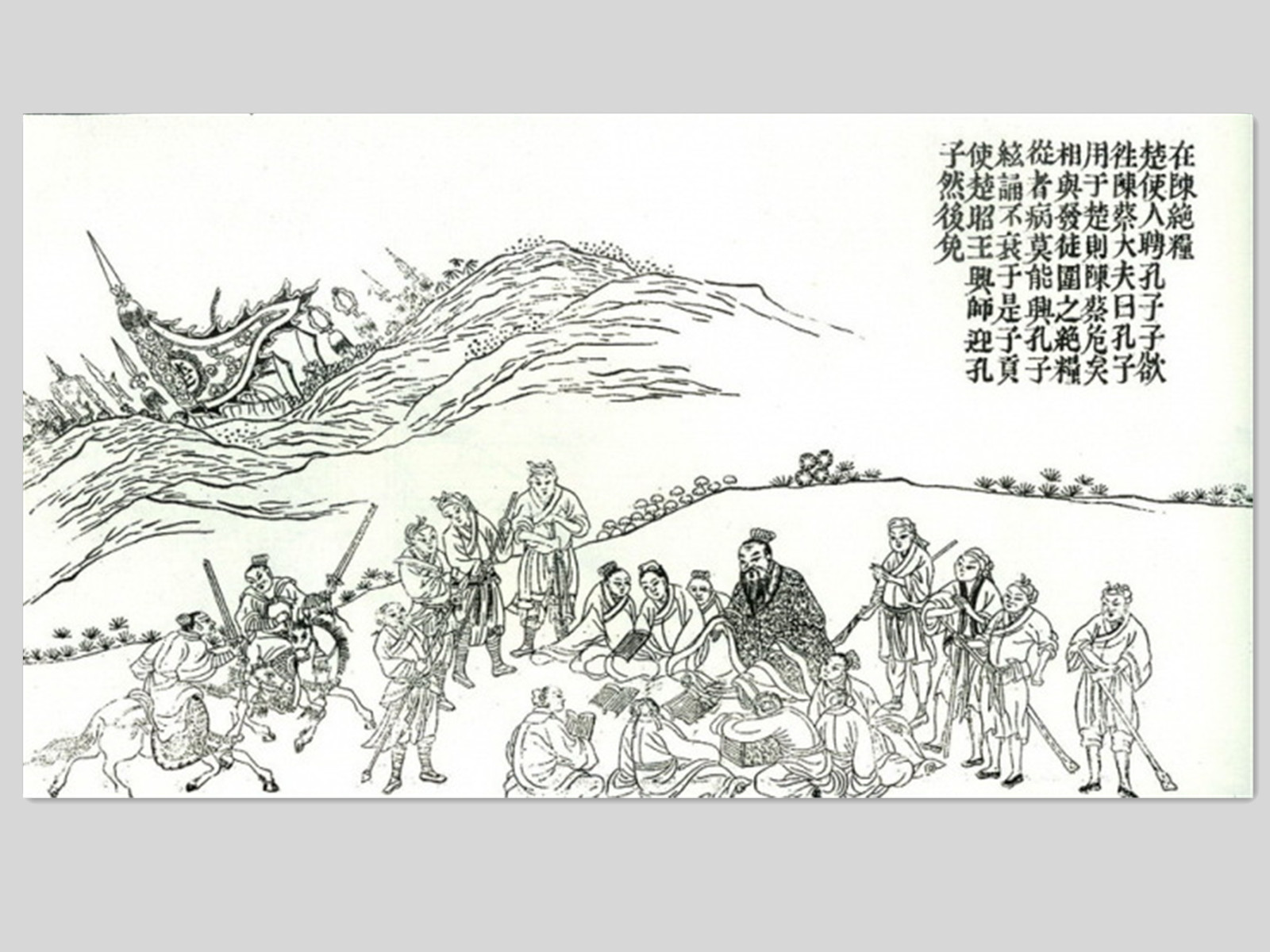
The difference between Wang Zhongjiang's summary of heart and heaven was the early Chinese philosopher's thinking about rational limitations. People have to pursue the results of choice, but when we do not reach the results of the pursuit, we must reverse the heart and ask if we have made enough planning. But if we do not do well, we will get good results; or the opposite, we have done well, but we have not got good results. These are all about destiny. It is precisely because people cannot escape limited restraint that there is a thinking on rational limitations.
Author: Tong Yiying
Edit: Li Nian
Editor in charge: Li Nian
*Wenhui exclusive manuscript, please indicate the source for reprinting.
- END -
Welcome to the development of the new journey of the Twenty Development of Chengdu University Social Sciences

On the afternoon of June 17, hosted by the Sichuan Provincial Social Sciences Asso...
Lile and Music Shandong | Jinan: Zhangqiu District immersed scenario drama "Meeting Li Qingzhao"

It has achieved deep integration with cultural tourism, achieves an immersive idea...